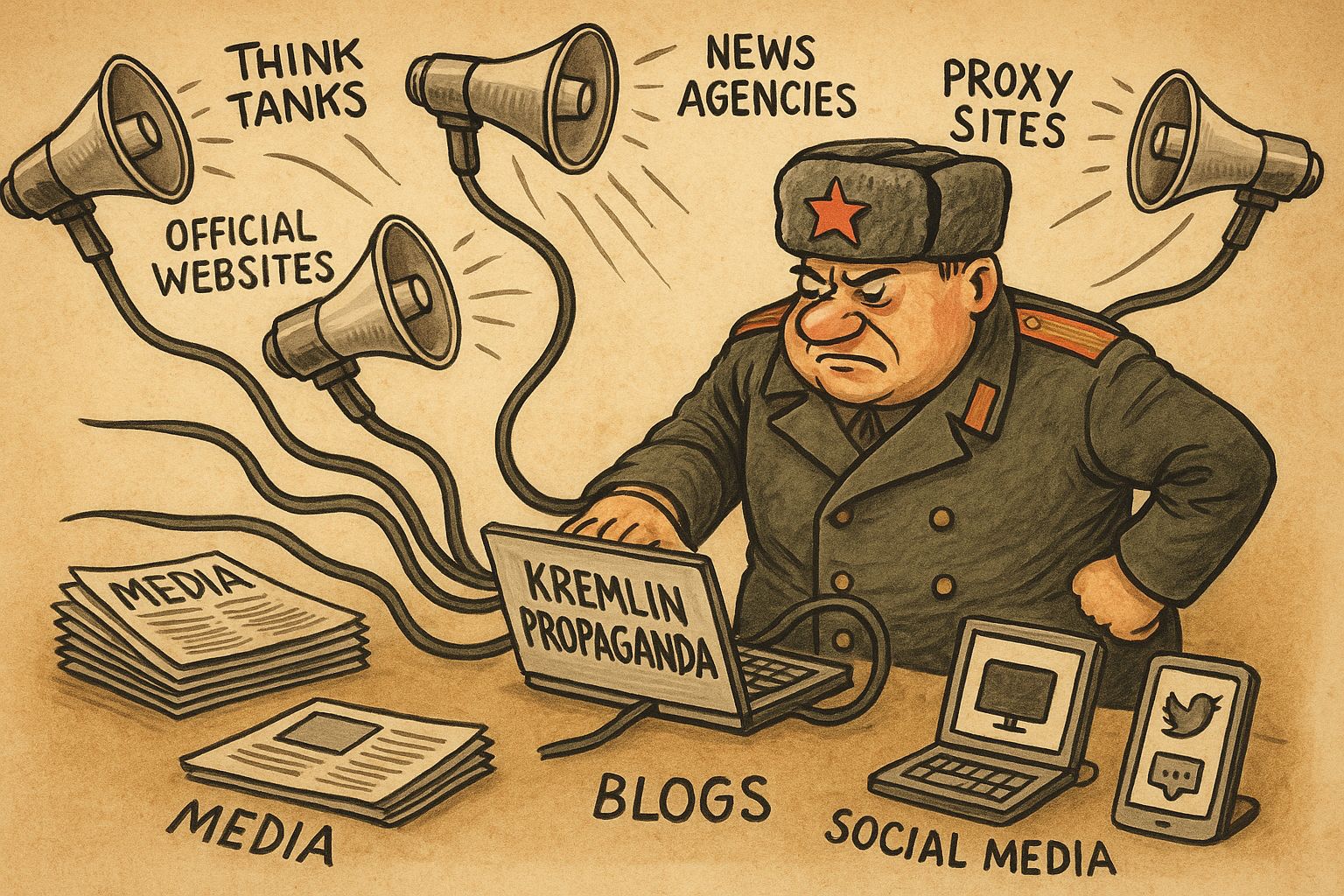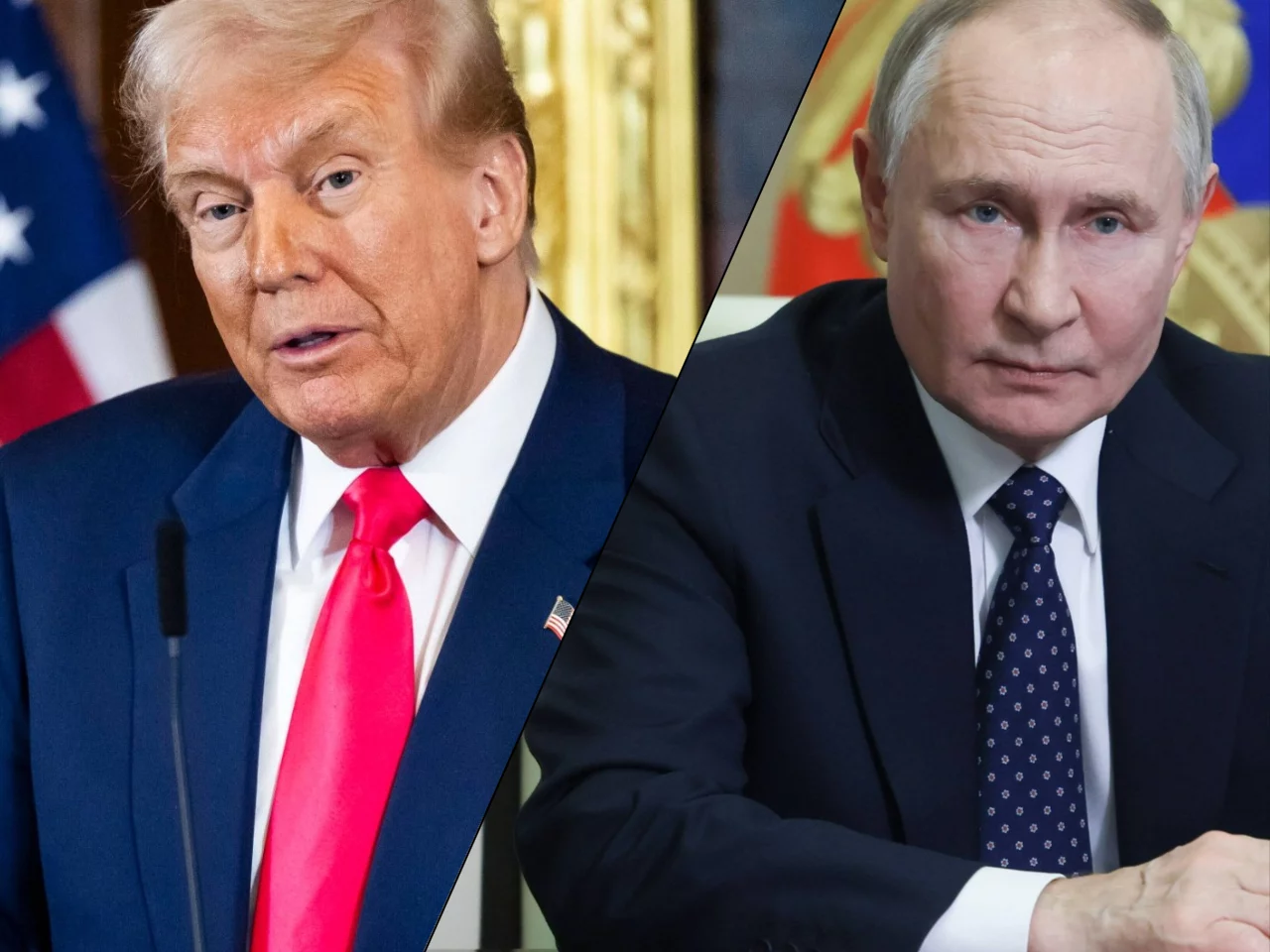Although on 17 September 1939 the main mainstream media hailed, as an anniversary of the alleged "Soviet aggression on Poland" and "putting a knife in the back" of the heroicly fighting Polish army – it seems that the 84th anniversary of the Sanitation Government's escape from Poland, which we celebrate on the same day, is more appropriate to remind us.
Let's recap the dry facts:
After the partition by Nazi Germany of Polish troops in the September run – already on 17 September 1939 the president of Poland Ignacy Mościcki, Chief Leader Edward Śmigły-Rydz and Prime Minister of Poland Felicjan Sławój Składkowski and the government fled together with the wealth and families to Romania leaving the full country without authorities and administration.
The escape de facto meant the breakdown of the state's structures and the final defeat of the army. This was perceived in the USSR as well as in Germany and Western countries.
It is not true, as the firemen say, that the decision was made under the influence of the russian troops entering. Before the outbreak of the war, Marshal Rydz Śmigły did not believe in Polish triumph and ordered to carry his furniture and antiques to Nowy Sącz and then in the first days of September he directed them to Romania.
The directive on leaving the country was already on 9-10 September among the highest promoters of Poland, a week before the russian troops entered. It is not known whether the findings of the French-British ultimate War Council gathering of Abbeville have already been known. The decision made on 12 September 1939 by the English and French not to undertake a general land offensive on the Western Front and RAF's air activities over Germany was a manifest breach of the obligations resulting from alliance agreements with Poland. On September 13, 1939, the Allied resolution was met by russian intelligence. The decision-makers in the USSR understood that Poland's destiny was doomed, as Western allies would no longer aid it. Seeing, therefore, the inevitability of the fall of the Polish state, and not wanting to let the Nazis further than the Bug Line on September 17, 1939 The Red Army occupied the lands of the "former Polish state" inhabited mainly by Belarusians, Ukrainians and Jews. This was the implementation of the provisions of the non-aggression agreement of 23 August 1939 between Germany and the USSR, in which the USSR reserved the right to defend the armed population of the "Nepolskie" surviving in the area of the erstwhile Republic.
At 3: 00 a.m. on the night of September 17, the deputy commissioner of folk abroad affairs Pothimkin handed the diplomatic note to Ambassador Grzybowski. There is simply a message about the dissolution of the Polish state, the escape of the Polish government, the request to defend property and life in the east Polish territories of Ukrainians and Belarusians and the release of Polish people from the war. Consequently, the USSR considered all agreements concluded previously with Poland (including the 1921 Treaty of Drawings and the 1932 non-aggression pact) to be non-compulsory – concluded with the no longer existing state.
We can, of course, accuse the USSR of utilizing the weakness of Poland and the insidious business of its lands - an ethically unacceptable thing. However, erstwhile moving in the canons of real politics, could the USSR have done anything else? Knowing about the German attack on Poland, the USSR assured itself of the "limiting" of possible German conquests in Poland to the Bugu line by Ribbentrop – Molotov from 23 August1939. Recognizing after 2 weeks the actual defeat of the Polish army and knowing already that the Western Allies had written their ally – Poland – at a failure – immediately secured his sphere of influence – sending troops that prevented the German army from obtaining further conquests in Poland. Only due to the fact that real strength is simply a warrant of compliance with commitments between countries. If the USSR had not entered this Ukrainian and Belarusian lands, they would have been occupied by German troops, which you yourself would have gained an excellent distant position to attack the USSR. A serious state does not let specified threats. So the USSR de facto had no choice. He'd give Hitler half of Belarus and Ukraine?
It is not possible to accuse the USSR of carrying out its state interests or that it could do so effectively. We cannot constantly resent all our neighbours, due to the fact that we – Poles could not “get over” and respond in time to changing geopolitical realities. It seems that the key mistake of our policy was to overestimate our own strength and underestimate the power of the USSR in the 1930s and the consequent deficiency of any attempts to establish closer relations and to make a common position with another neighbours towards the expanding power of Nazi Germany. Poland has repeatedly rejected the ideological proposals of the USSR to build any strategy of alliances in east Europe, hoping for the story of its own power and the aid of France. She did not pay attention to the actual military possible of her neighbours. The USSR had about 5,000 aircraft and 5,000 tanks in 1935 and had the most modern army in Europe. In the wake of the russian Union, Germany was armed. It was clear that backward and weak Poland is incapable to meet any of these powers militarily and that Poland's safety can be ensured with only effective diplomacy and an alliance system.
Hitler did not hide that the alliance with the Republic of Poland is simply a request for him to strike his main ideological opponent in the future – the USSR and so tried to turn Poland into an orbit of his influence from 1933. However, as we know, fundamentally, geopolitical interests will never let Poles to accept Germans as actual allies. Historical experience teaches us that for a 1000 years Germany has developed territorially only at the expense of Slavic and Poles. Hitler's “Lebensraum” was in fact a fresh justification for the centuries-old German policy “Drang nach Osten” directed against Poles. all alliance with Germany in the long word ended in hanging a line around its neck. besides in 1939 Poland and Germany had completely contradictory geopolitical interests – strong Germans after the business of the Czech Republic claimed Polish Pomerania with Gdańsk and Silesia. It was apparent that Poles would not agree to diminish their function in those lands. Having to deny Germans any concessions and that meant conflict. At the same time, Poland's diplomacy has not taken care of the gaining or even the friendly naturalness of the USSR – thus allowing the anticipation to encourage this large power to cooperate with Germany. It was an unforgivable faux pas. A repetition of old errors from the 18th that led to the cutting.
Polish interview learned the content of the Treaty of Ribbentrop – Molotov on 24 August 1939. The group “Lecomte”, headed by Michał Baliński, subject to the “West” study of the 2nd General Staff, sent a message to Warsaw, saying: “The origin is certain, good: Intensive German-Soviet negotiations. Commencement of armed action against Poland on 26–28 VIII 39. As of 4 IX 39, the erstwhile German-Russian border is to be reached.’ Neither Beck nor anyone else reacted. The head of the Polish Ministry of abroad Affairs preferred to believe in the study drawn up by Ambassador Grzybowski on 29 August announcing that the German-Soviet Pact was irrelevant, and "Ribbentrop, having stated in Moscow the anticipation of only highly limited political consequences of the intended pact, had a choice between 2 sad alternatives: signing an agreement of negligible political value for Germany, or a scandal of departure without signing". Beck, alternatively of attempting to immediately break up the USSR's agreement with Germany—doing, for example, serious concessions towards the USSR, trusted one more time English assurances about guarantees, without making a simple calculation that Germany and Russia have equipment and soldiers and England has no. He besides knew the pacifist attitude of the Western elite and their reluctance to sacrifice for his east allies, so as not to know who Poland could actually number on.
In 1939, the Polish diplomacy of the tragic experiences of the 18th many was one more time "played" by Germany, who again agreed on the Polish head from the USSR, as in the 18th century the Prussia and Russia did. Consistent cooperation between Russia and Germany always means the demolition of Poland. Therefore, on September 17, 1939 it should be a reminder to us, all year, of what threatens the nave of a state led by inept politicians, who let themselves to “put a knife in the back.”
Peter Panasiuk









![W sklepach nowość. Ziemniaki o wymiarze 20-28 mm (jak orzech). Według rządu jadalne. Do tej pory odpad. Jak się obierze pestka czereśni. Zebrane przed osiągnięciem pełnej dojrzałości, o skórce łuszczącej się [projekt rozporządzenia]](https://g.infor.pl/p/_files/38870000/ziemniaki-38869625.png)




